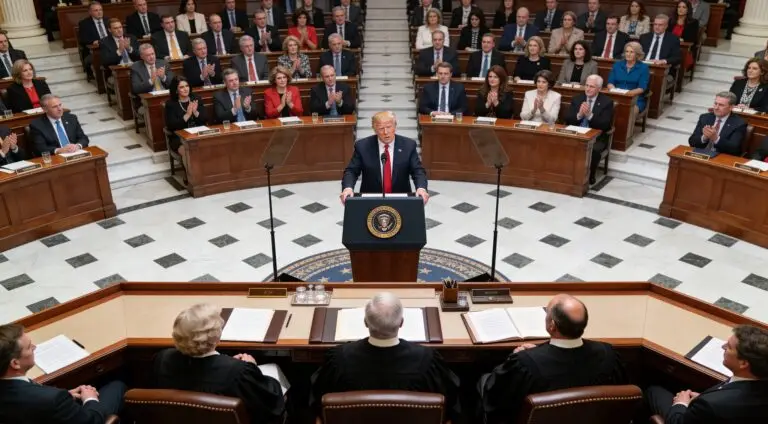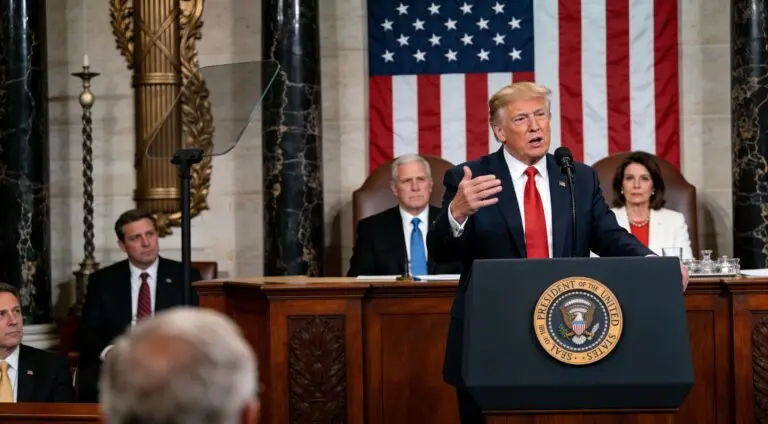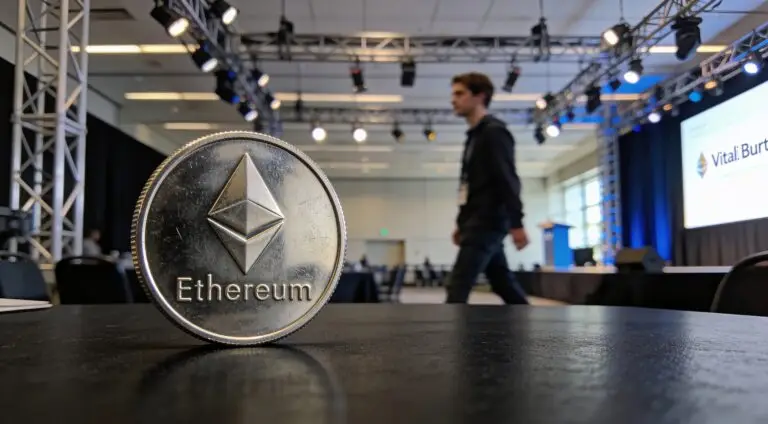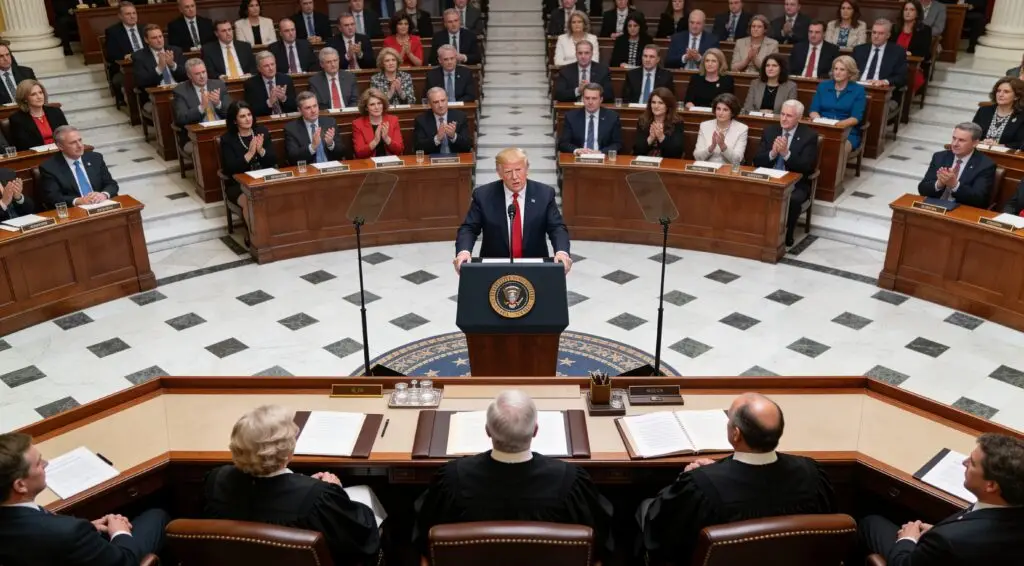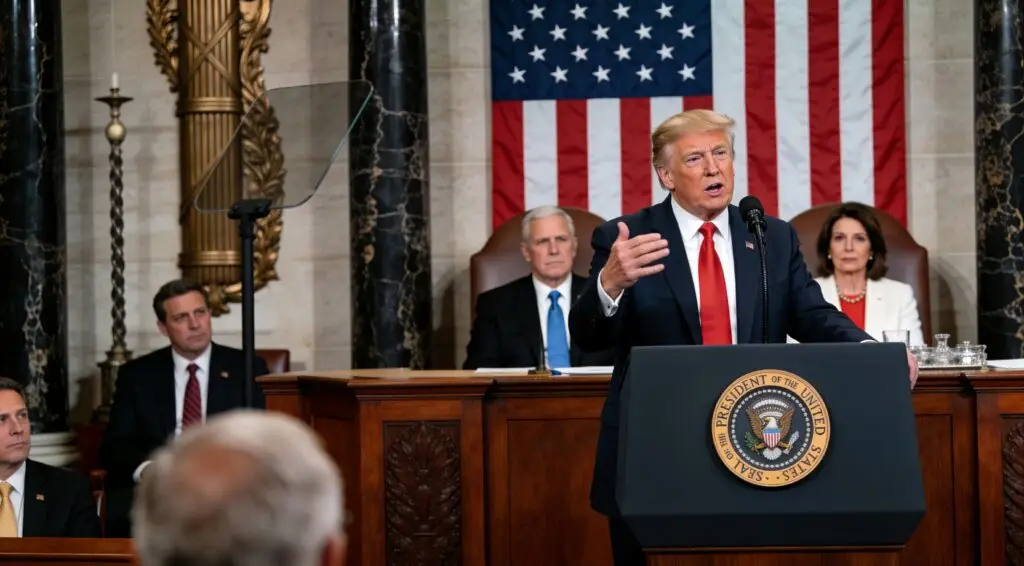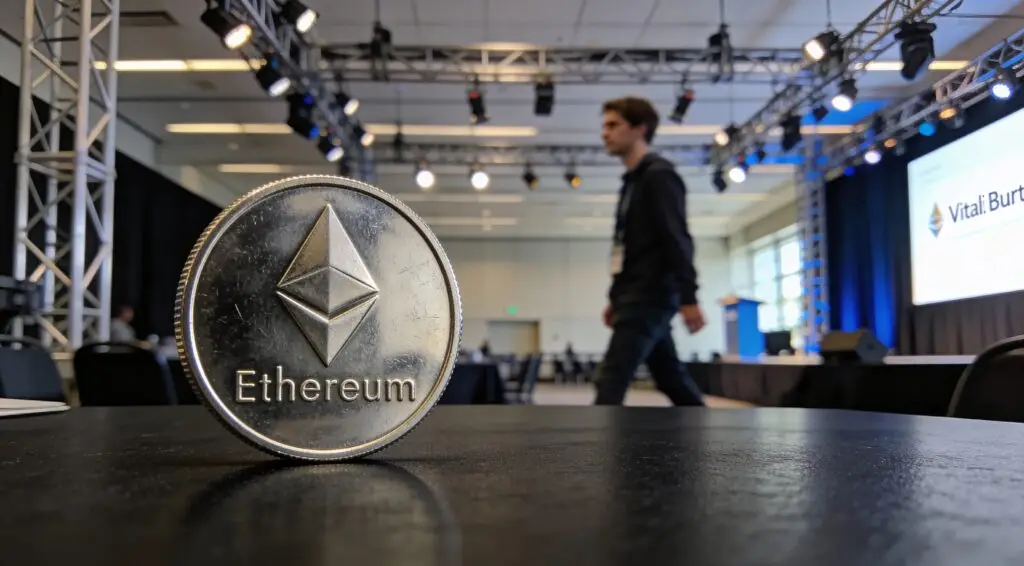Early Life and Business Empire
Thaksin Shinawatra was born in 1949 in Chiang Mai, Thailand’s northern hub. After serving as a police officer, he earned a master’s degree in criminal justice in the United States. Upon returning, he built a telecommunications empire that flourished in the late 1980s, cementing his wealth and reputation as a savvy entrepreneur.
This financial success paved the way for his political career, allowing him to present himself as a modernizer and problem-solver. By the late 1990s, he was prepared to move from business into politics.
Founding Thai Rak Thai and Political Breakthrough
In 1998, Thaksin launched the Thai Rak Thai party, which quickly transformed Thailand’s political landscape. His populist promises of affordable healthcare, village development funds, and debt relief resonated with rural voters.
The 2001 election saw him defeat the traditional Democrat Party, ushering in a new era in Thai politics. Big business admired his CEO-style leadership, while his economic recovery policies, dubbed “Thaksinomics,” revitalized the nation after the Asian financial crisis. His popularity extended into his management of tsunami relief in 2004.
Controversies and Authoritarian Accusations
Despite his achievements, Thaksin faced heavy criticism during his time in office. His government suppressed information during the bird flu outbreak, leading to public mistrust. Most damaging was the 2003 war on drugs, which saw more than 2,500 deaths and raised human rights concerns.
Allegations of corruption and cronyism began to erode his image, while critics accused him of centralizing power and undermining democratic institutions. Yet, Thaksin maintained strong support from the rural majority, ensuring his reelection in 2005 with a historic mandate.
Recommended Article: India–UK Trade Deal Balances Politics and Economics
The Shin Corp Sale and Street Protests
Thaksin’s biggest scandal emerged in 2006 when his family sold Shin Corp, a major telecom company, for $1.9 billion without paying taxes. The deal infuriated urban Thais who accused him of betraying national interests by selling to Singaporean investors.
Massive street protests followed, with opposition groups calling for his resignation. Thaksin responded by calling a snap election, but opposition parties boycotted it, further destabilizing the political climate. The crisis created the opening for the military to intervene.
Military Coup and Self-Imposed Exile
In September 2006, while Thaksin was abroad, the Thai military staged a coup, ousting his government. He relocated to the United Kingdom and later Dubai, living in self-imposed exile. Though physically absent, Thaksin maintained influence through loyal proxies and party members.
Courts pursued multiple corruption cases against him and his family, further cementing divisions in Thai society. Still, his loyal “red shirt” supporters staged mass rallies in his defense, keeping his legacy alive on the streets.
The Shinawatra Dynasty: Yingluck and Paetongtarn
Thaksin’s political legacy extended through his family. In 2011, his sister Yingluck Shinawatra became Thailand’s first female prime minister, only to be ousted by another coup in 2014. More recently, in 2024, his daughter Paetongtarn rose to power as prime minister through a coalition deal. Her tenure, however, was short-lived after a controversial phone call scandal led to her removal. Despite repeated setbacks, the Shinawatra name has remained synonymous with political resilience and populist appeal.
Return to Thailand and Legal Battles
Thaksin returned to Thailand in 2023 after nearly two decades abroad, striking what many saw as a political bargain with the establishment. He was convicted on past corruption charges and sentenced to eight years, later reduced to one year after a royal pardon. Health complaints kept him in hospital rather than prison for months, but in September 2025, the Supreme Court ruled the stay unlawful, sending him back to jail. Thaksin has denied wrongdoing, claiming the charges were politically motivated.
Legacy of a Divisive Leader
Today, Thaksin Shinawatra remains one of the most polarizing figures in Thai politics. To his supporters, he is a champion of the rural poor who modernized Thailand’s economy and gave ordinary citizens a stronger voice. To his critics, he is a corrupt strongman who undermined democratic institutions for personal gain. His dynasty has proven remarkably durable, surviving coups, court rulings, and scandals. Even as he serves another sentence, Thaksin vows to keep fighting for Thailand’s future, ensuring his influence endures.




